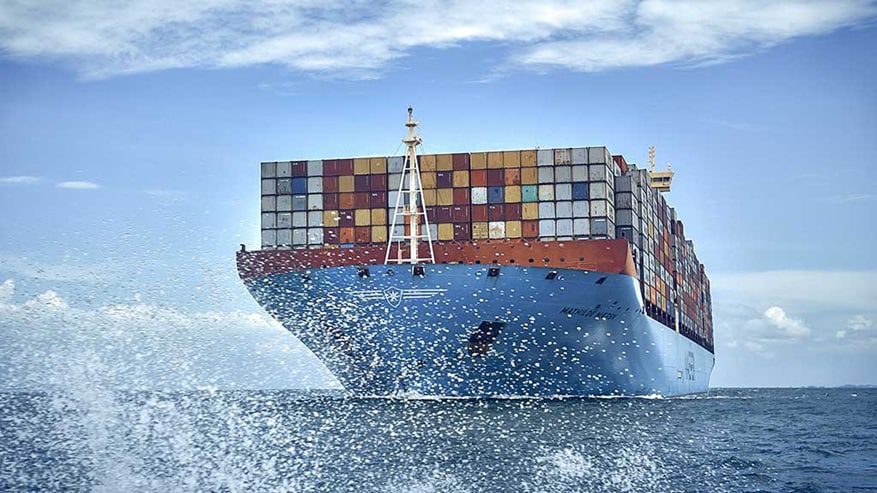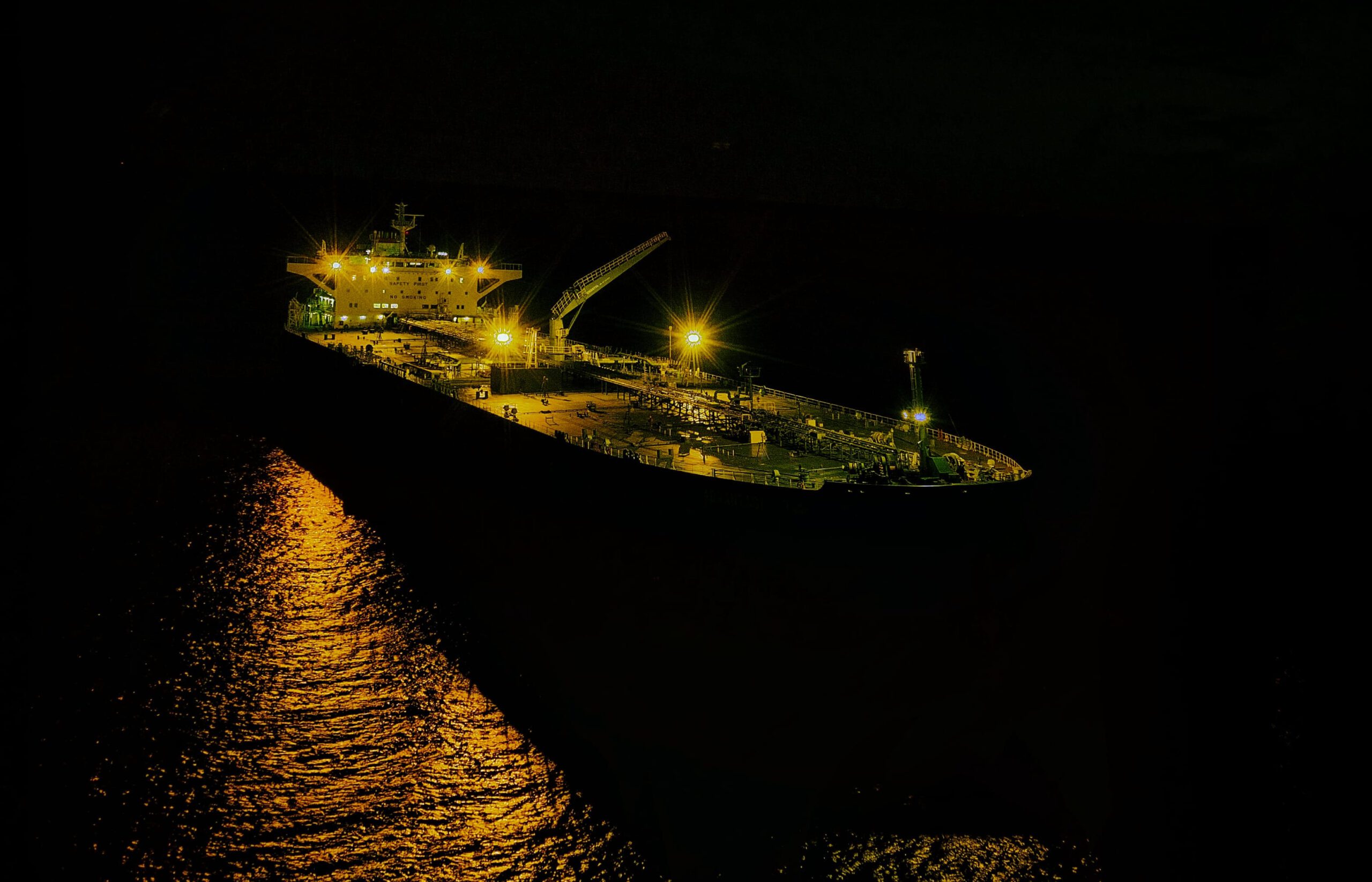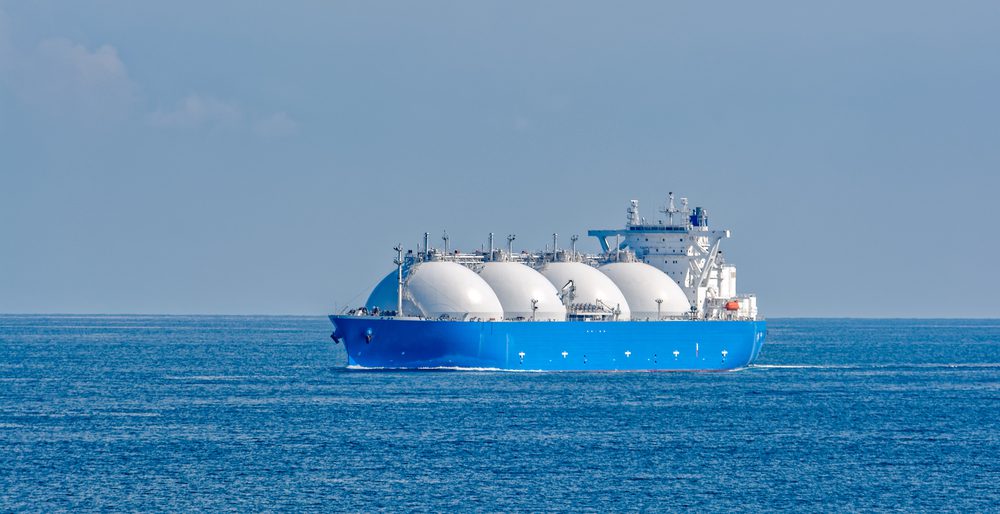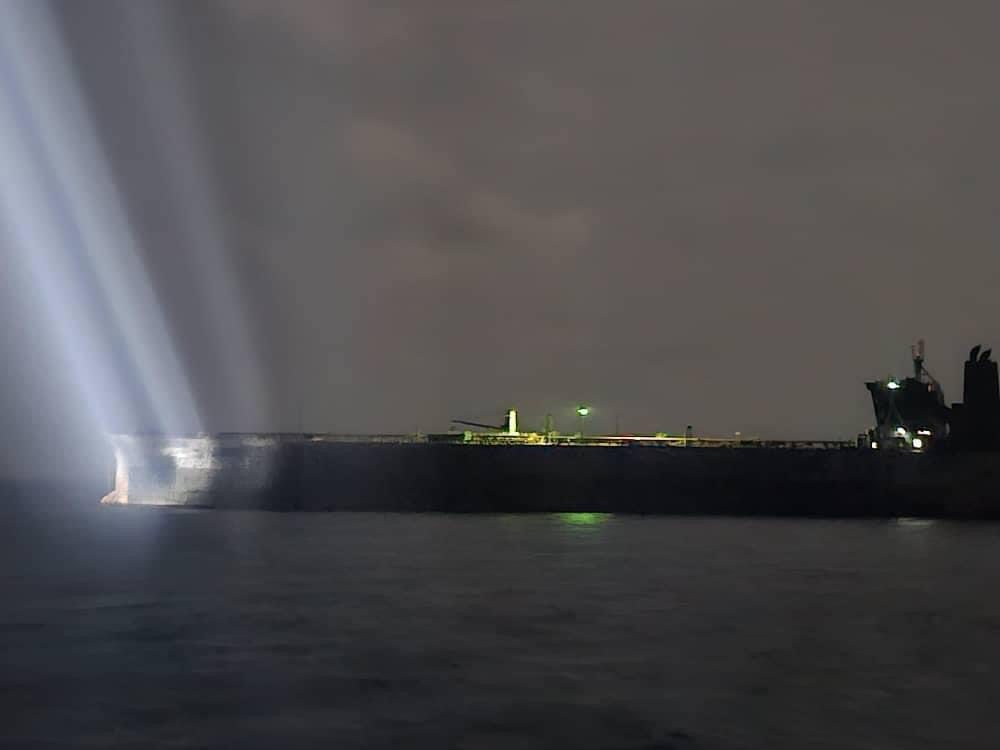Seeking to aid climate research and weather forecasts, the world’s now-second largest shipping line will make millions of weather observations covering over 10 years available to the public.
A.P. Moller – Maersk announced Thursday that it will release all historical and future ocean weather observations into the public domain for free use by the scientific community around the globe, a monumental contribution that is set expand publicly available weather data by almost a third, according to the company.
The data will include all past observations collected by Maersk vessels since 2012. The goal is to aid climate research and weather forecasts by providing weather data from the world’s oceans, where ground level data coverage is slim, and most data comes from satellite observations which have their limitations.
“Maersk crews and vessels have collected weather observations for years, and we are proud that we now can share these data and help researchers in gaining a better understanding of the impact climate change has on our surroundings,” said Aslak Ross, Head of Marine Standards at Maersk.
Maersk says the data, which includes more than 9 million observations, is set to increase publicly available ocean weather data by 28 percent. Among other things, the observations can give a more precise picture of how surface-level ocean conditions and the interaction with the atmosphere has evolved since 2012.
With all 300 Maersk-owned vessels sharing data multiple times a day, Maersk is set to share more than 7,000 observations every day, with some vessels even live feeding data to weather services around the globe.
The data will be shared via the Global Ocean Observing System (GOOS), run jointly by UNESCO and the World Meteorological Organization (WMO). GOOS collects ocean weather observations for climate science and provides input to weather forecasts.
“Climate change is without doubt one of the biggest challenges the global community is facing, and we have set an ambitious strategy for our business to achieve net zero greenhouse gas emissions in 2040, but we have also as a part of our ESG strategy committed ourselves to contribute to climate and ocean science with data gathered from our vessels. An opportunity being our digitized weather observations,” said Ross.
In collaboration with the National Meteorological Service of Germany, Maersk has installed Automated Weather Stations on several of its vessels. The calibrated research-grade measurement stations collect a greater variety of data points at a higher quality, further improving the contribution to weather forecasting and climate science.
“As a member of the scientific community, I am thrilled that we get access to this unique data set,” said Dr. Johannes Karstensen of GEOMAR, aka the Helmholtz Centre for Ocean Research in Kiel, Germany. “The data will help to better constrain past ocean surface conditions but also help to improve future predictions – from weather to climate.”

 Join The Club
Join The Club











